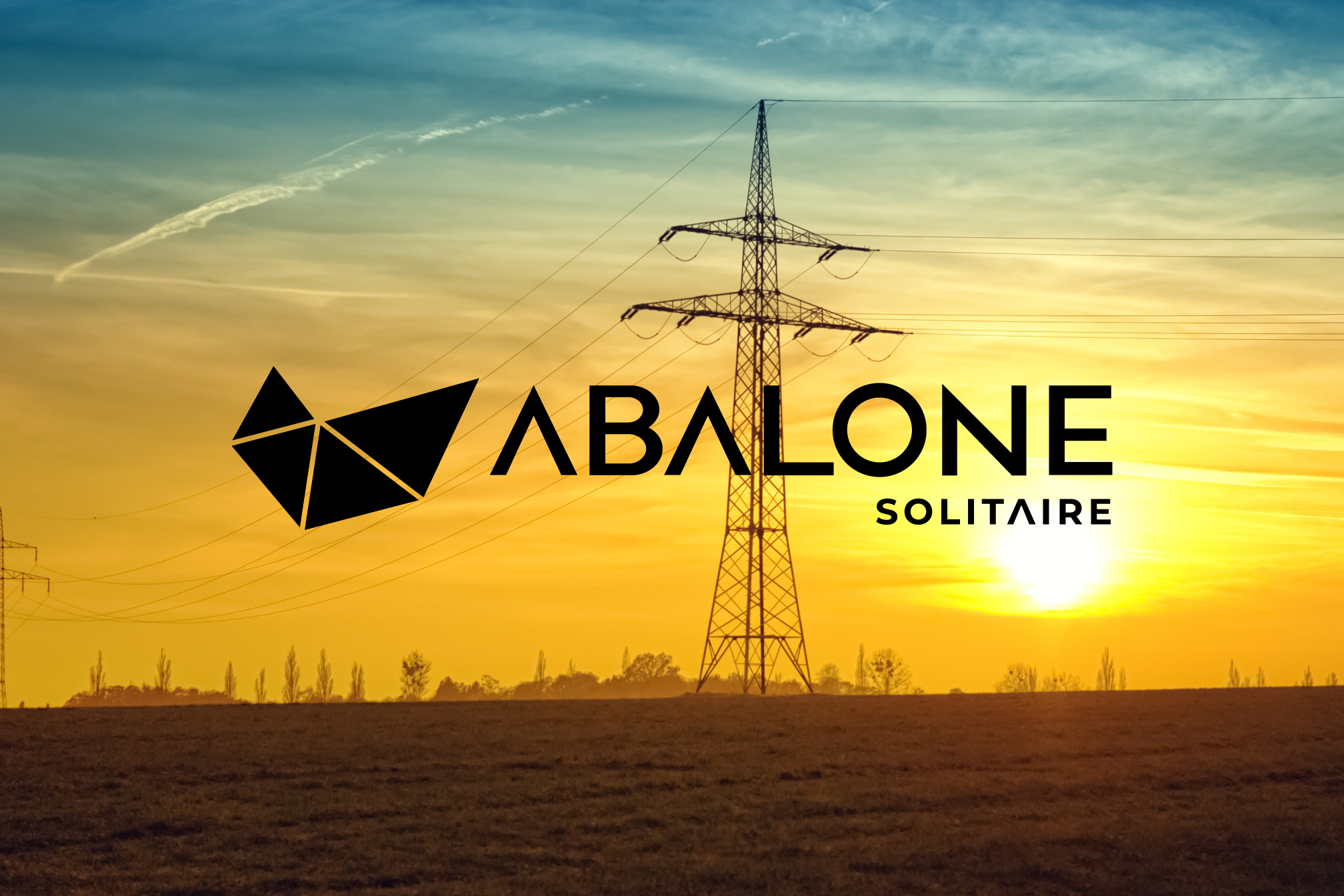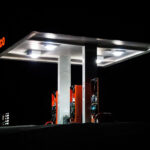
Italy and Energy
Italy, known as “Il Belpaese,” is not self-sufficient in terms of energy, but it has great potential for developing renewable energy sources. According to Davide Chiantore, Head of Research at Abalone Solitaire, the issue of nuclear power also needs to be carefully evaluated.
Italy is highly dependent on energy imports, mainly from Russia and Algeria. In 2020, Italy’s energy dependency rate was 74.3%, with a net energy import cost of €38.7 billion. This situation makes Italy vulnerable to supply disruptions and price fluctuations, which can have significant economic and geopolitical consequences.
However, Italy has ample potential for renewable energy development, especially in solar and wind power. According to the International Energy Agency (IEA), Italy’s solar energy potential is one of the highest in Europe, and its wind energy potential is also significant. The Italian government has set ambitious targets for renewable energy, aiming to increase its share in total energy consumption to 30% by 2030.
On the other hand, the issue of nuclear power in Italy is complex and controversial. Italy shut down all its nuclear power plants after the Chernobyl disaster in 1986. However, some Italian policymakers and experts argue that nuclear power could be an important part of Italy’s energy mix, especially as a low-carbon energy source to support the transition to renewable energy. Others point to the risks and uncertainties associated with nuclear power, such as safety, waste management, and nuclear proliferation.
In conclusion, Italy faces challenges in its energy supply, but it also has great potential for renewable energy development. The issue of nuclear power is a matter of debate and requires careful consideration of its benefits and risks. Italy’s energy future depends on a balanced and sustainable energy mix.





